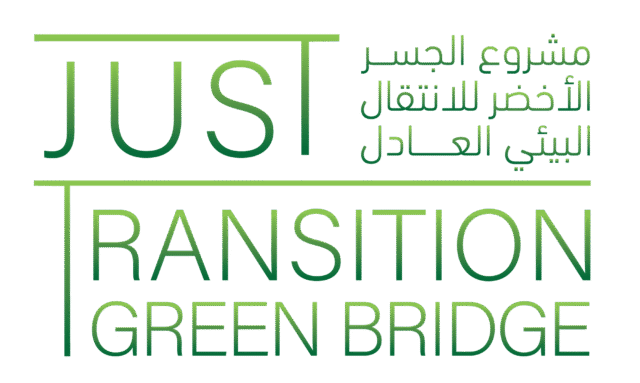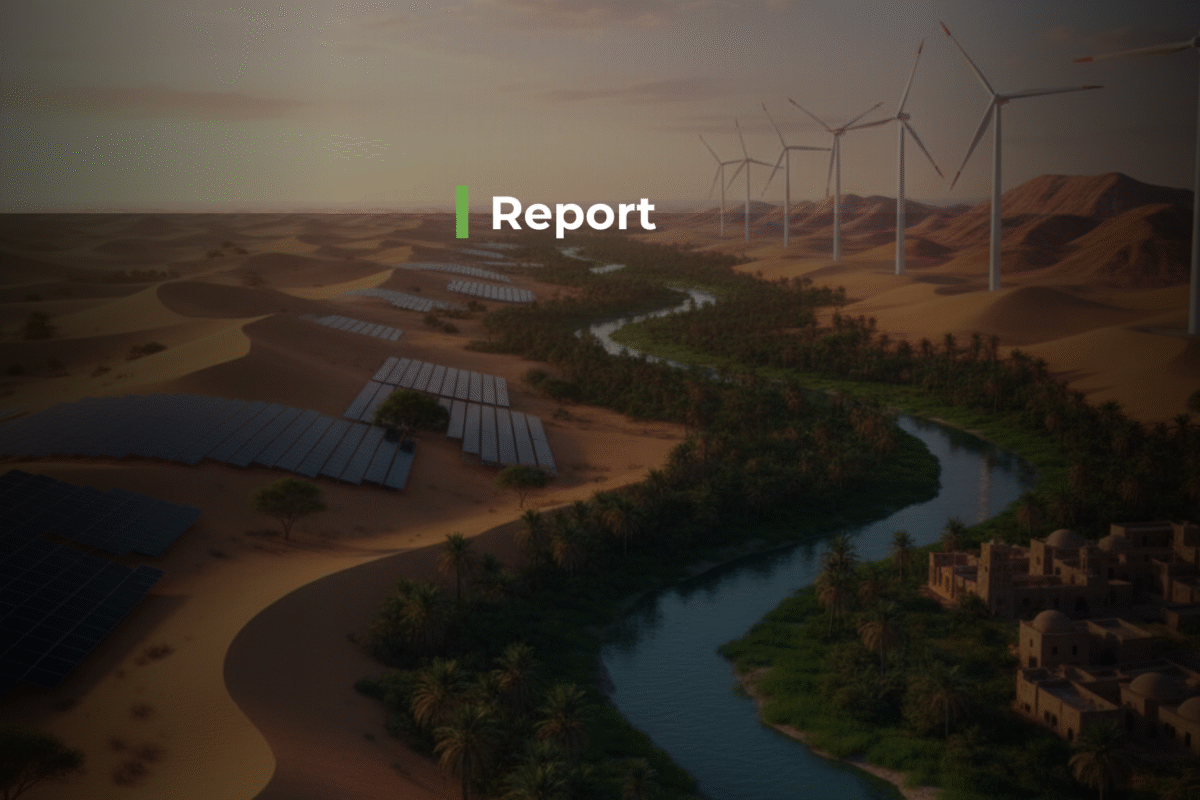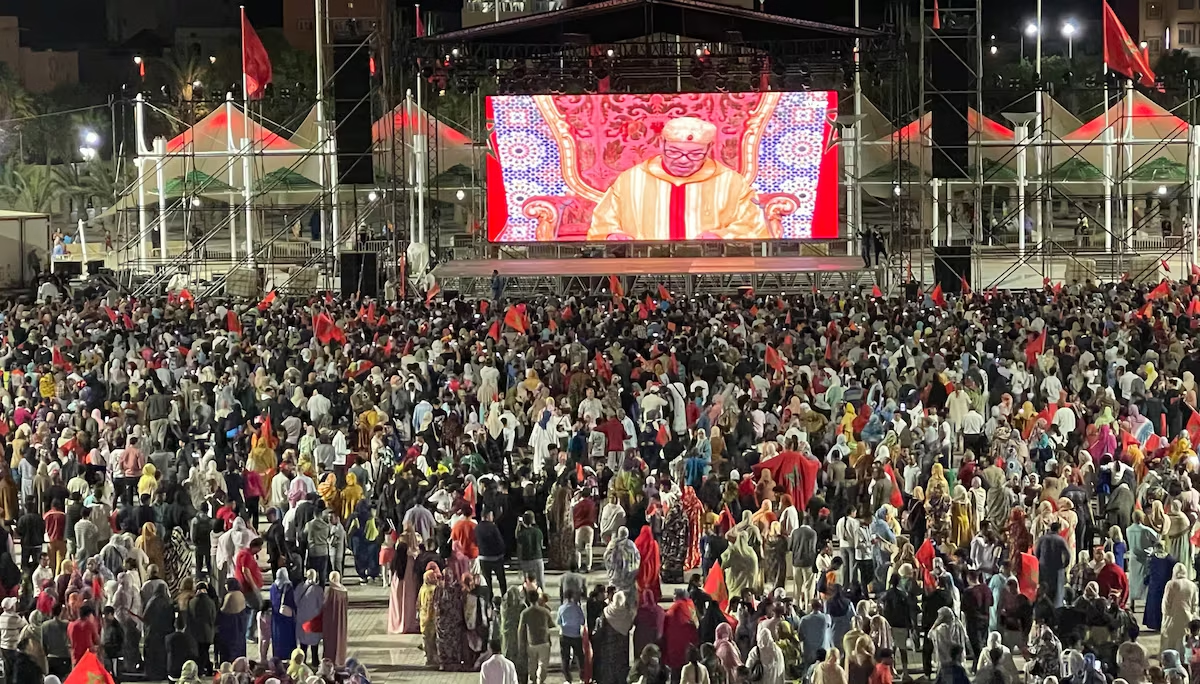Food sovereignty in Morocco
Report
This report, produced by the Moroccan Institute for Policy Analysis, analyzes Morocco’s current state of food sovereignty. It relies on a selective sample of scientific studies and official data, complemented by field research in the agricultural regions of Doukkala and Abda.
The report examines the variability of domestic food production, the composition of the national food system, and the extent of its dependency on imported commodities such as cereals, sugar, and animal feed. It further explores this dependency’s financial and public health implications, including state expenditures on price stabilization and the nutritional shift towards higher caloric intake.
The analysis also assesses the agro-export model, highlighting its reliance on imported inputs, from energy and fertilizers to genetic resources, and its subsequent impacts on local resources, particularly water. The report concludes that recent political preferences aimed at reinforcing agricultural exports have incurred significant environmental and social costs, including water resource depletion and changing labor dynamics.
To address these challenges, the report proposes recommendations centered on making food sovereignty a priority in public policy. These include strengthening the climate resilience of farming systems, promoting food citizenship through education, harmonizing agricultural and food policies to reduce dependency, and ensuring greater support for smallholder farmers to foster territorial equity.
This report was prepared by Mohammed Taher Srairi, Professor of Animal Production and Biotechnology at the Hassan II Agronomic and Veterinary Institute.
This report has been conducted within the Just Transition Green Bridge project, a three-year action (2023-2025) implemented by a regional consortium led by the Arab Reform Initiative in collaboration with Alternative Policy Solutions – American University in Cairo, and the Moroccan Institute for Policy Analysis. The project is funded by the Civil Society Facility for the Mediterranean (European Union) and the Swedish International Development Cooperation Agency (SIDA).

MIPA Institute
MIPA is a non-profit independent research institution based in Rabat, Morocco. Founded by a group of transdisciplinary researchers, MIPA’s mission is to produce systematic and in-depth analysis of relevant policy issues that lead to new and innovative ideas for solving some of the most pressing issues relating to democracy.



